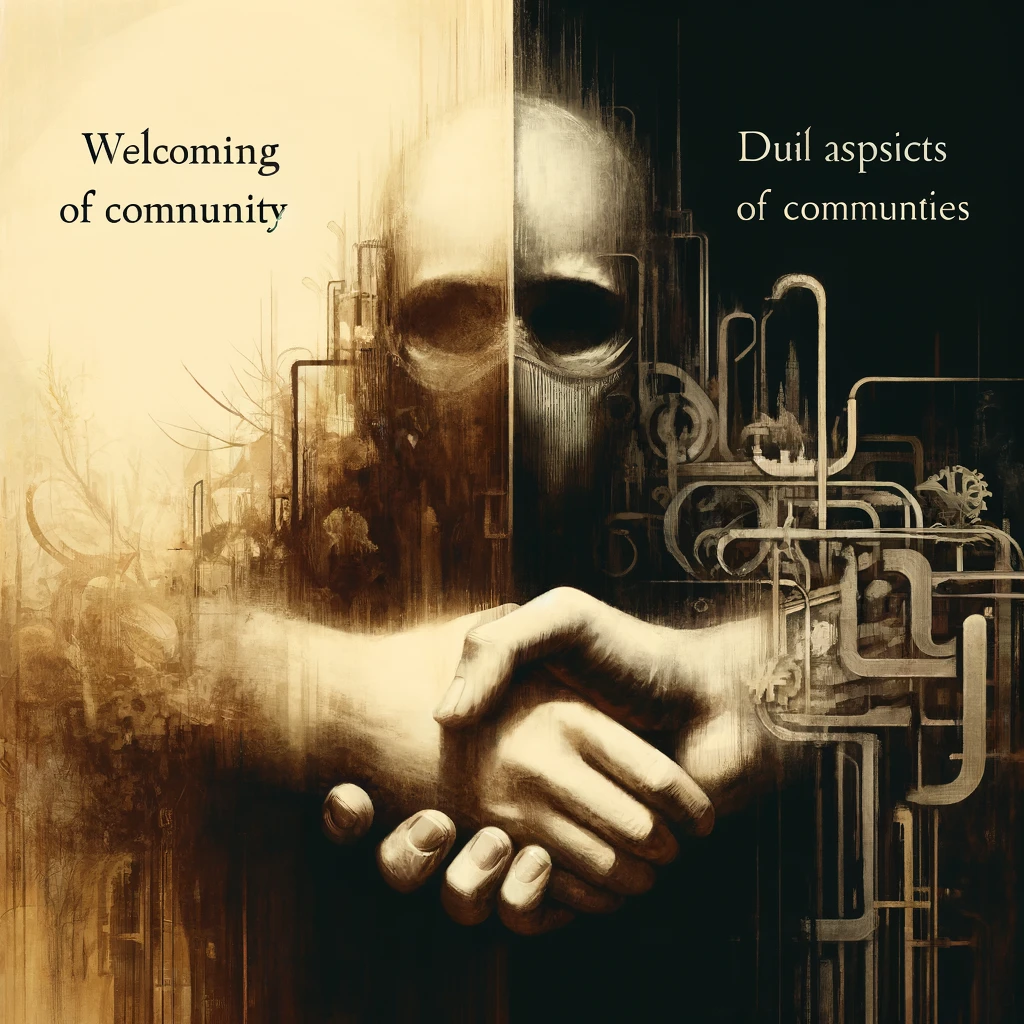Your cart is currently empty!

Navigating the Digital Frontier: Ethical Considerations for Therapists on Social Media
The digital age doesn’t change the essence of therapy
The rapid expansion of social media platforms has provided therapists and counselors unprecedented opportunities to reach broader audiences and engage with clients innovatively. Yet, this development is a double-edged sword, introducing ethical quandaries and new dimensions of professional responsibility. A previous article, “The Rise of Counselors on Social Media,” offered a comprehensive overview of this emerging trend. Now, let’s delve deeper into the ethical considerations every mental health professional must weigh before diving into the digital realm.
The Ephemeral Nature of Byte-sized Therapy
Platforms like TikTok and Instagram offer a quick way to share advice or insights. However, short videos can oversimplify complex mental health issues. While these platforms can provide valuable educational snippets, we must be cautious about disseminating information that could be misinterpreted or misapplied.
Boundary Setting in a Borderless World
Traditional counseling ethics training focuses on clear boundaries between therapists and clients. But how do we enforce these boundaries on platforms inherently designed to blur them? It’s crucial to have a transparent discussion with clients about your online presence and to integrate social media policies into informed consent forms.
Practical Tip: Create a separate professional account with privacy settings configured to minimize client interactions. Make it clear in your bio that the account is for educational purposes and not a platform for therapeutic advice.
Confidentiality and Anonymity
Being recognizable on social media means that clients can spot you. While you may not interact with them on these platforms, their activity could be visible to others in their network, subtly compromising the confidentiality of the therapeutic relationship. This potential loss of anonymity necessitates robust strategies to manage privacy settings and user interactions.
The Slippery Slope of Virtual Interactions
It’s common for social media therapists to receive direct messages or comments requesting personal advice. Responding to such requests could blur the lines between public education and personal therapy and inadvertently establish a therapeutic relationship without a formal contract. As such, disclaimers stating that online content is educational and not a replacement for therapy are beneficial and essential.
Shani Tran warns clinicians against responding to comments or direct messages seeking clinical advice. Ignoring this could mean entering a therapeutic contract without the required formalities. Yet, the inundation of questions and comments seeking help can be overwhelming.
Case Study: A therapist who replied to a comment asking about symptoms of depression found herself the subject of an ethical complaint. The complainant argued that the advice constituted therapy without a formal agreement.
Practical Tip: Use automated messages to inform users that you cannot offer personal therapeutic advice online and guide them towards official mental health resources or providers.
Self-disclosure: Balancing Authenticity and Professionalism
Social media allows therapists to show their human side, which can be immensely reassuring for potential clients. Yet, how much self-disclosure is too much? Therapists should tread carefully, being authentic while maintaining the professional distance necessary for therapeutic integrity.
Practical Tip: Establish what types of self-disclosure are congruent with your professional persona and consistent with ethical guidelines. Regularly consult with peers or supervisors for perspective.
Social Media as a Litmus Test for Cultural Competence
Platforms like TikTok are global, making it likely that your content will be viewed by people from diverse cultural backgrounds. It’s imperative to approach content creation with sensitivity to different cultural norms and expectations about mental health.
Final Thoughts
Given the evolving nature of social media, staying abreast of best practices is a continuous process. It may involve regular consultation with peers and supervisors, not to mention staying updated on ethical guidelines as they adapt to emerging challenges. However, each click, post, and share carries ethical implications that require thoughtful consideration. By approaching this new frontier with caution and awareness, therapists can harness the power of social media responsibly and effectively.
Remember, the digital age doesn’t change the essence of therapy; it merely extends its reach. As such, our commitment to ethical practice must also extend into this new realm. The intermingling of social media and mental health counseling is inevitable and mostly beneficial. Tools like privacy settings, disclaimers, and guidelines provide a basic framework, but the onus is on the individual to be vigilant and adapt as the landscape evolves. The key takeaway is this: while social media can be a powerful tool for education and outreach, it must be wielded responsibly and ethically. The need for ongoing learning and adaptation cannot be overstated in this rapidly changing sphere.
So, whether you’re considering venturing into social media or already knee-deep in it, keep these ethical considerations in mind and tread carefully. The risks are real, but so are the opportunities for meaningful impact.
Related Reading:





Leave a Reply